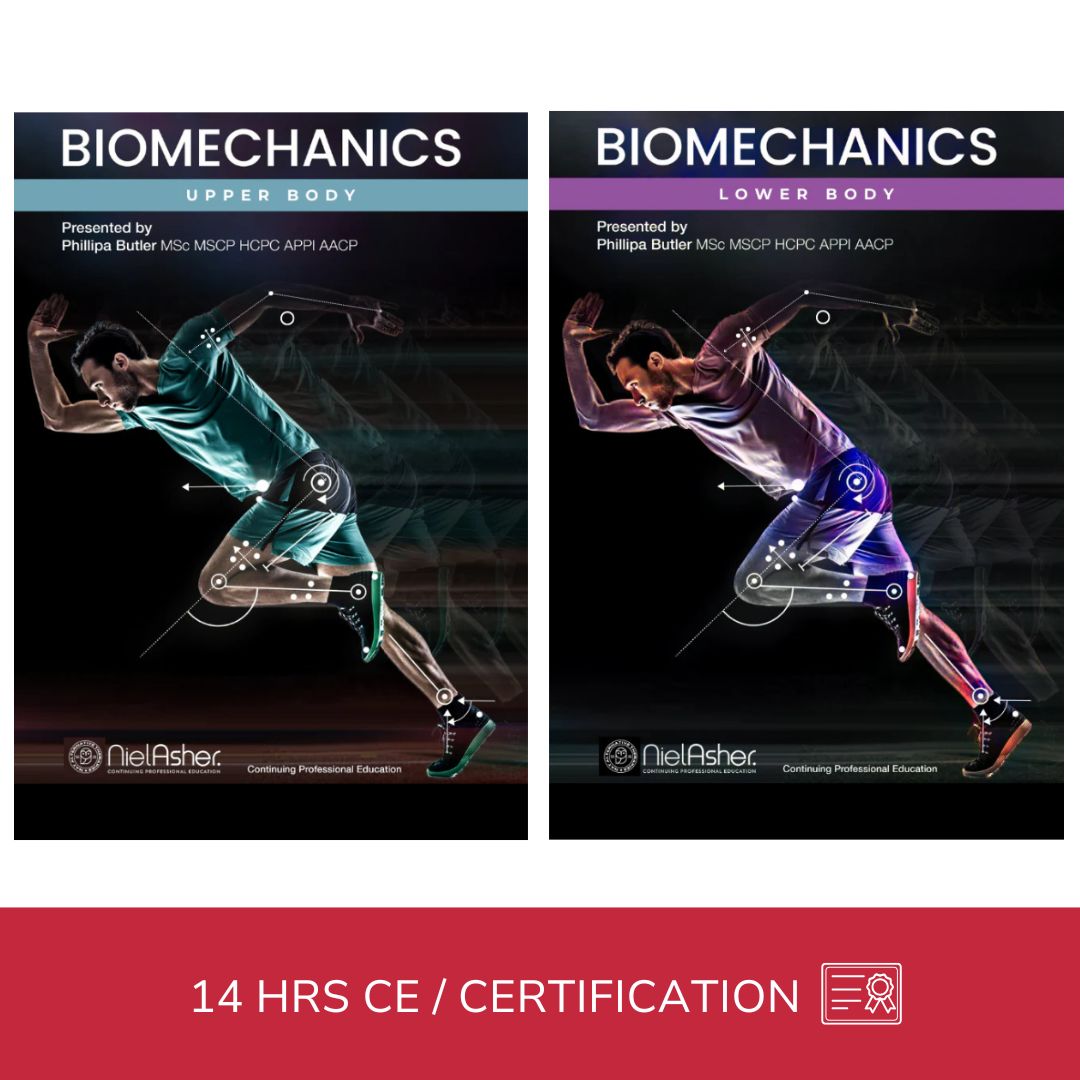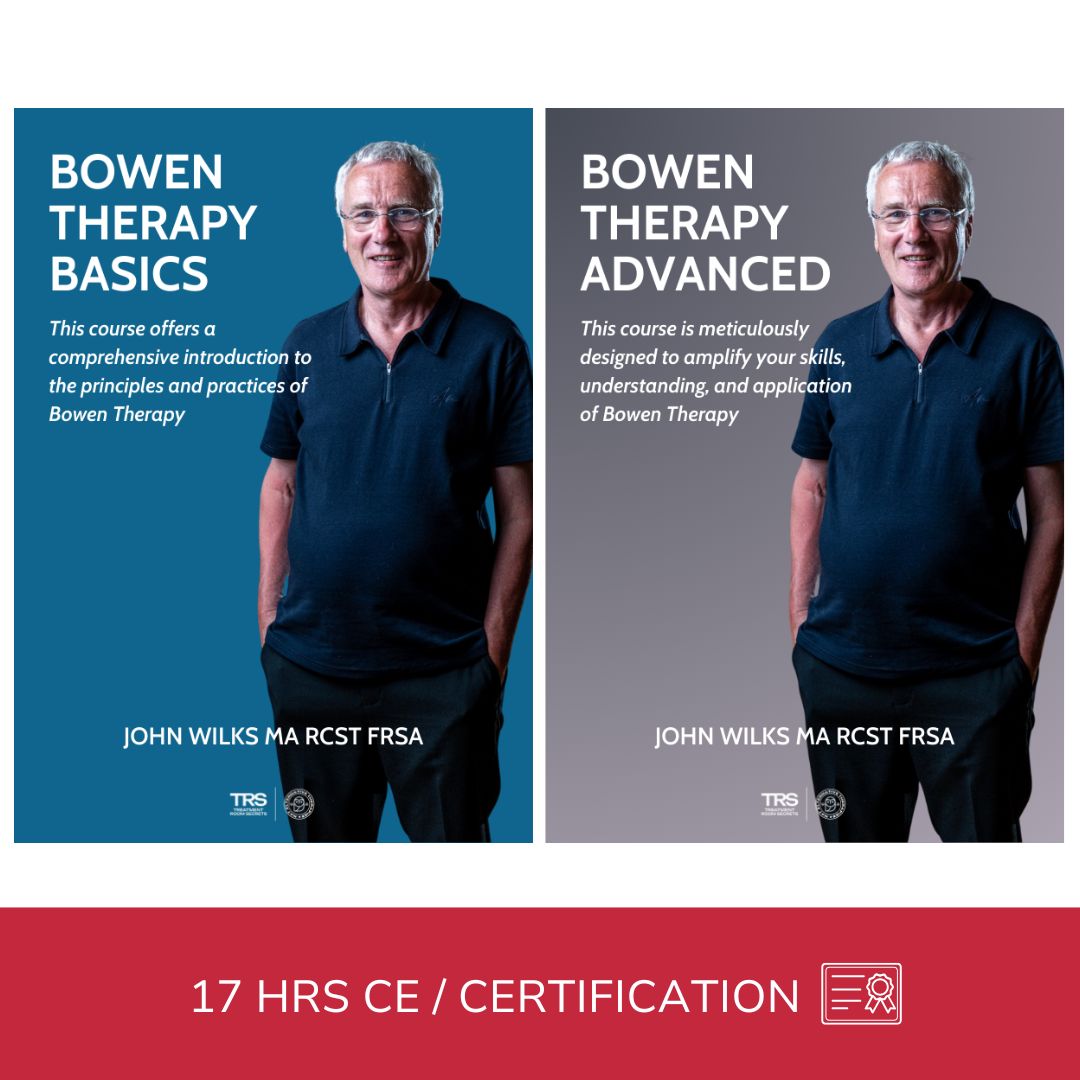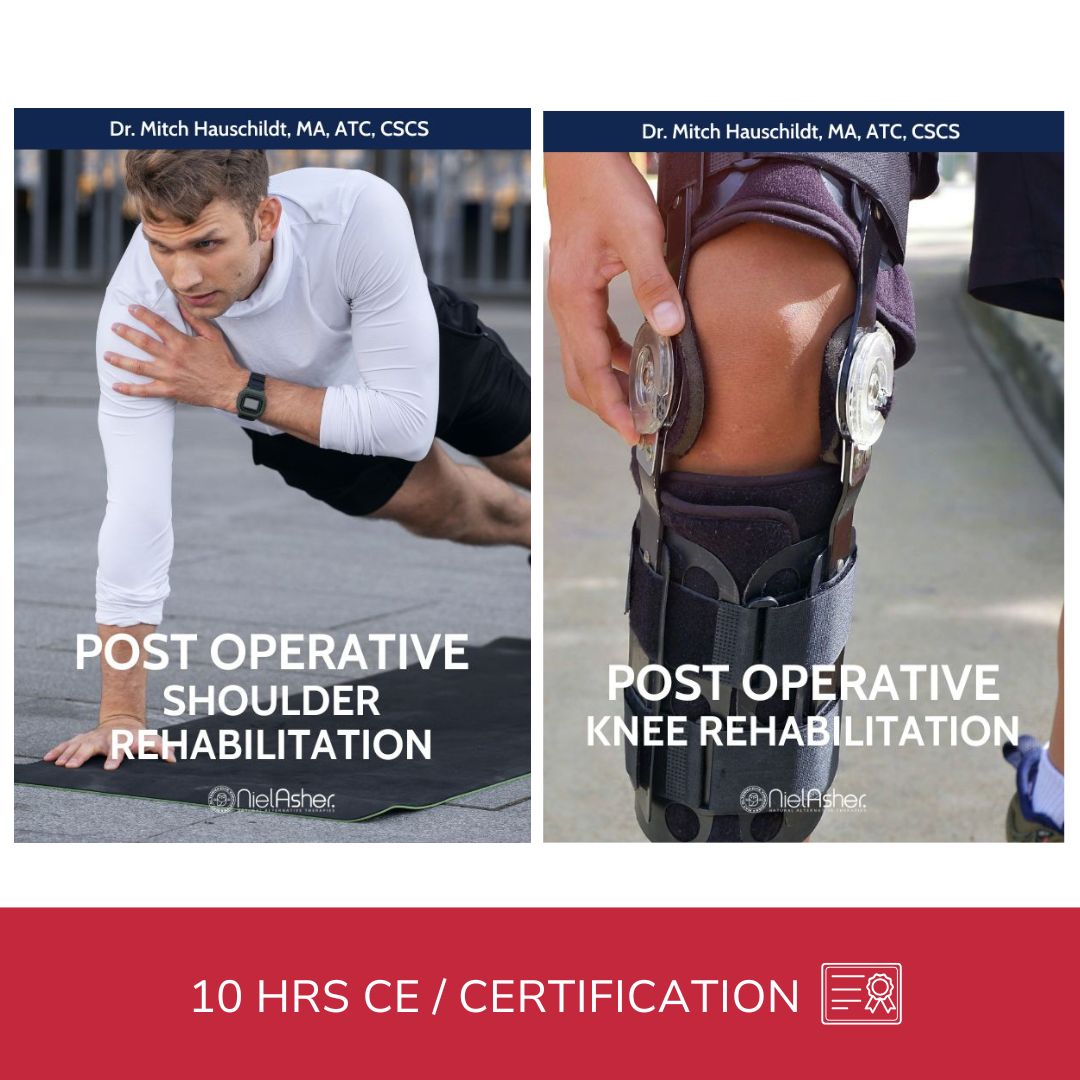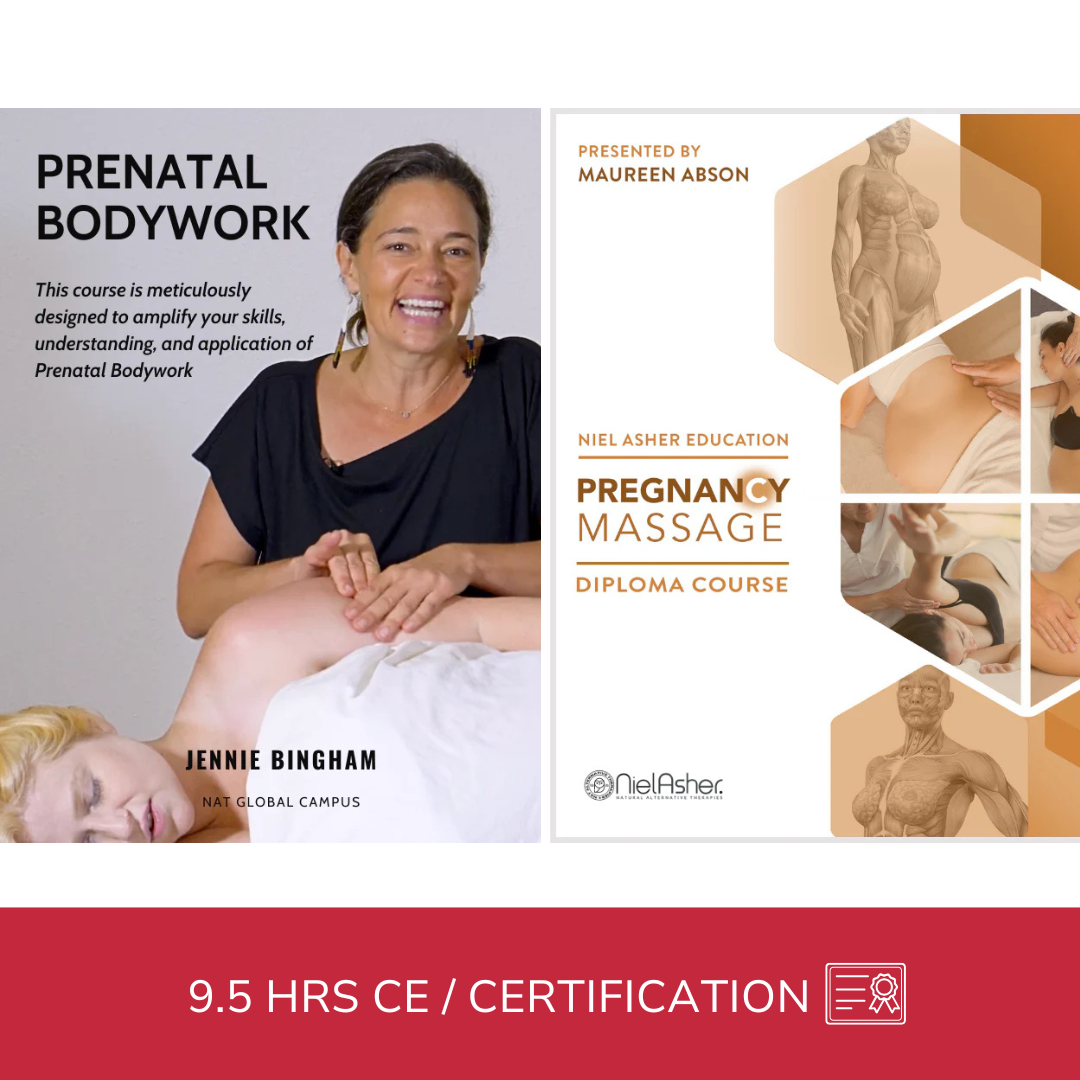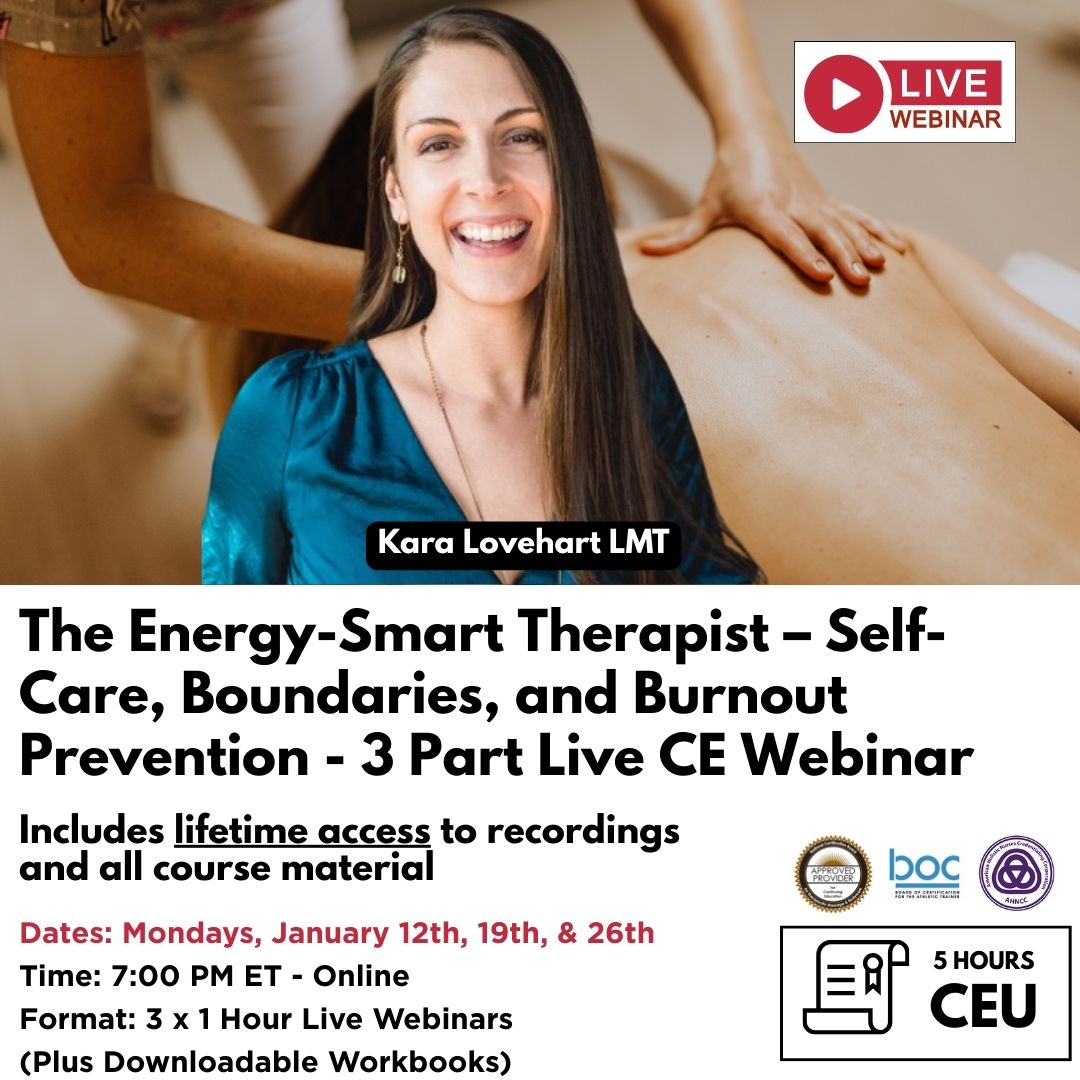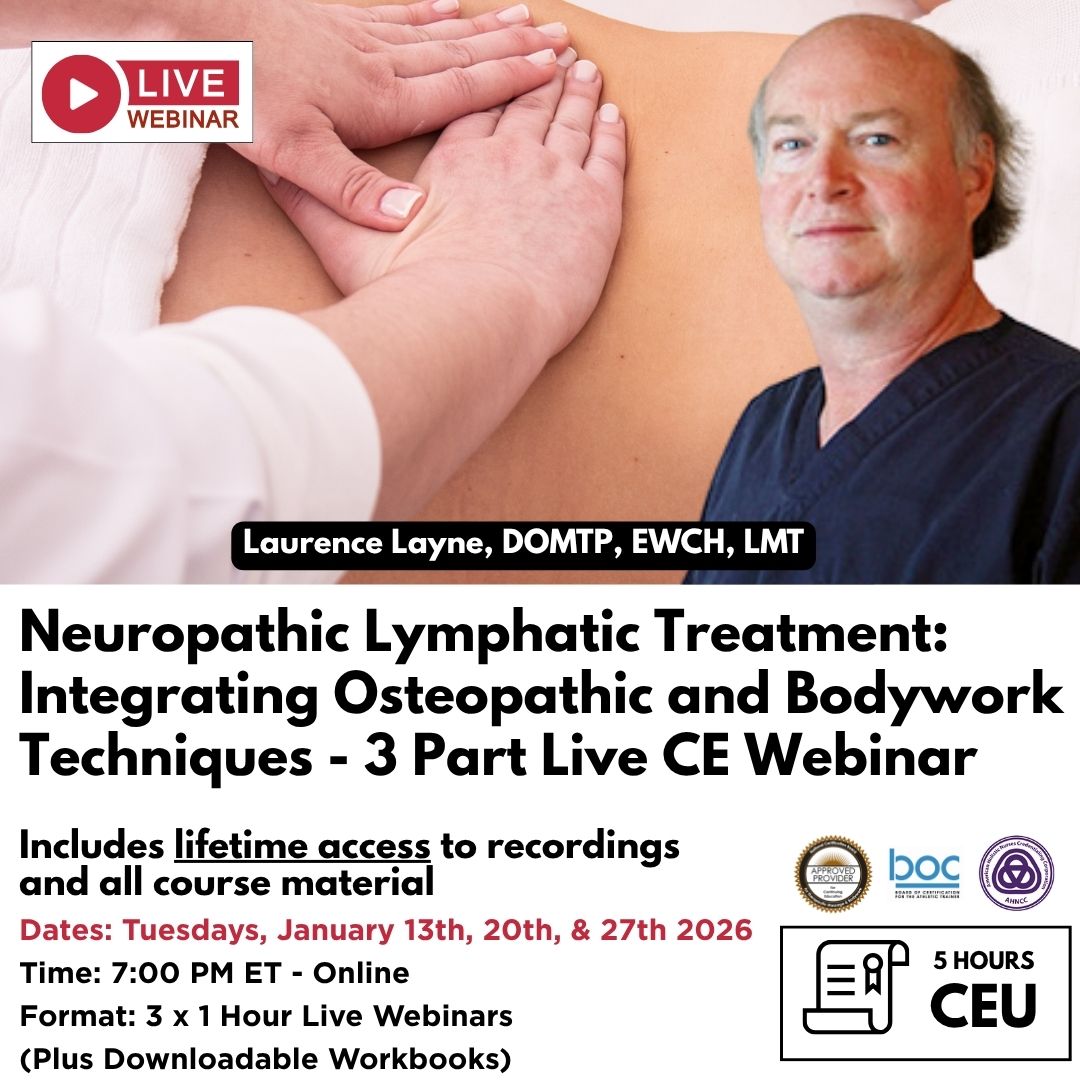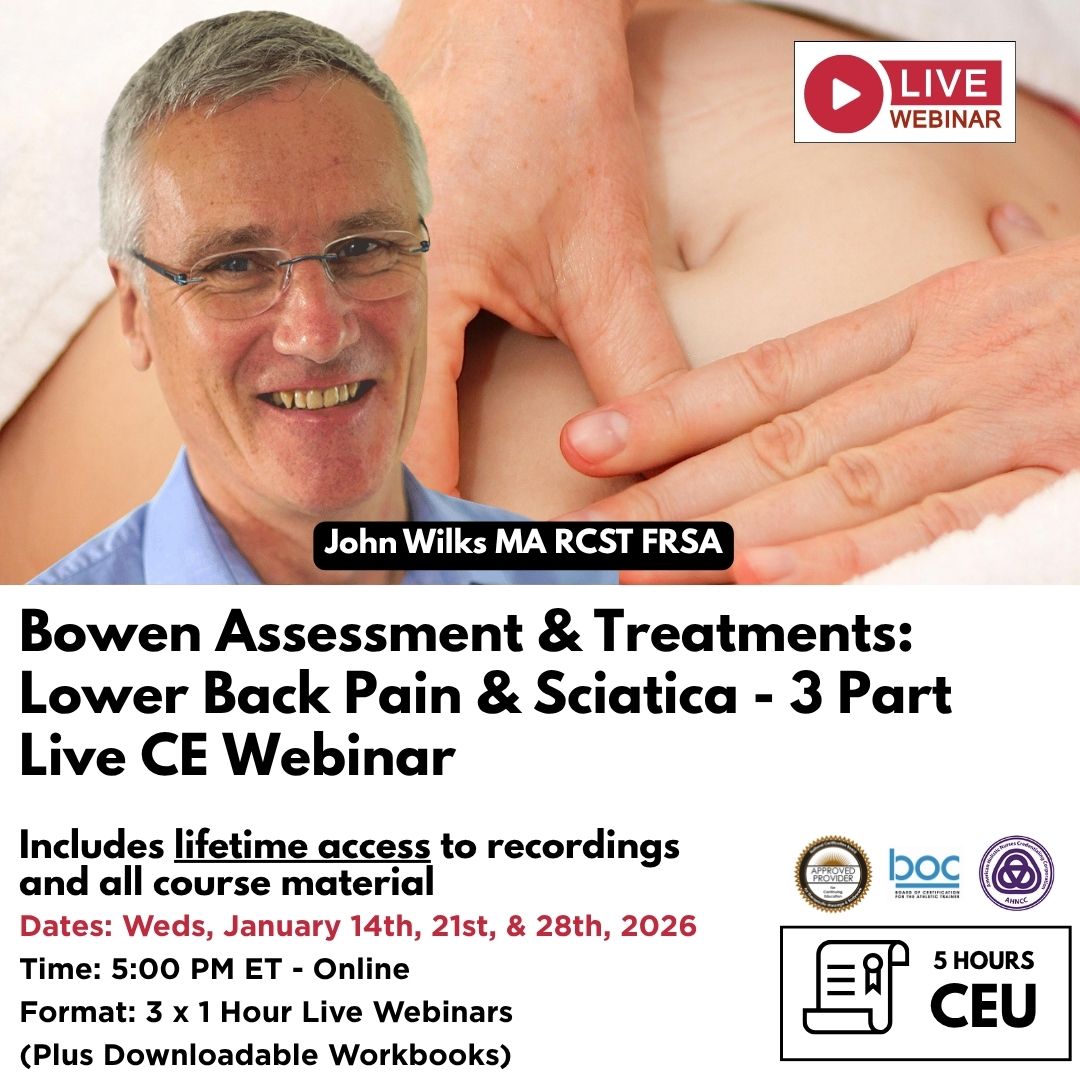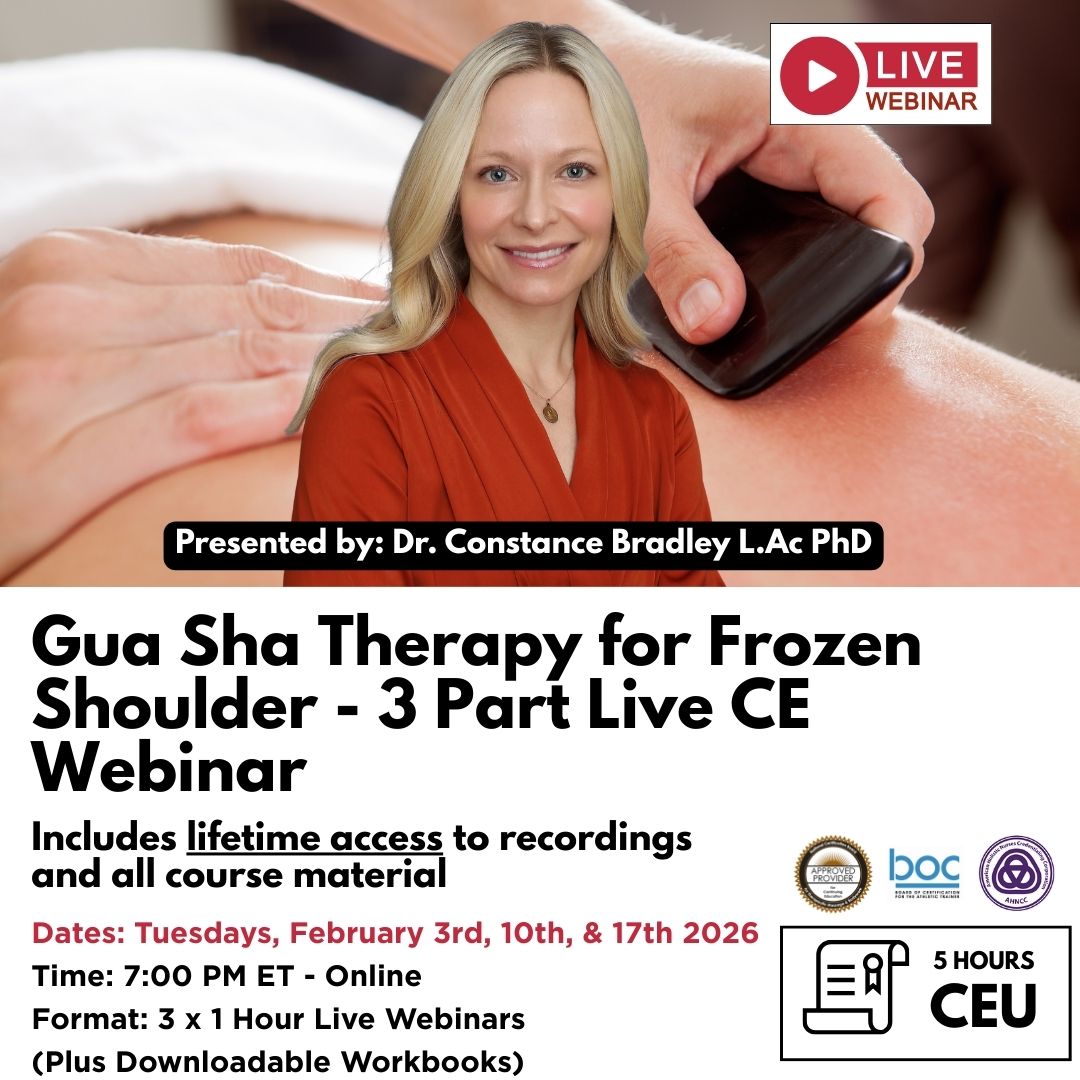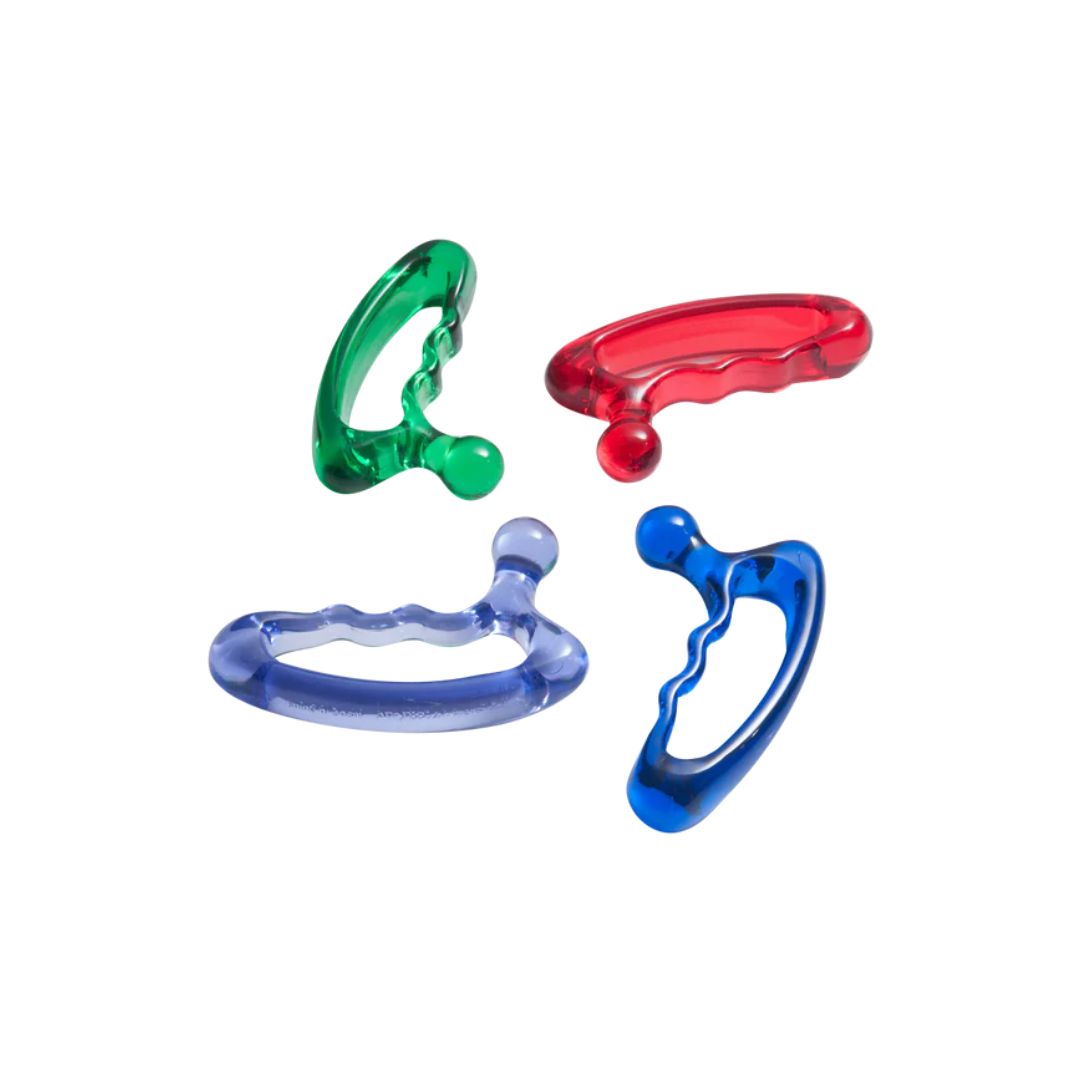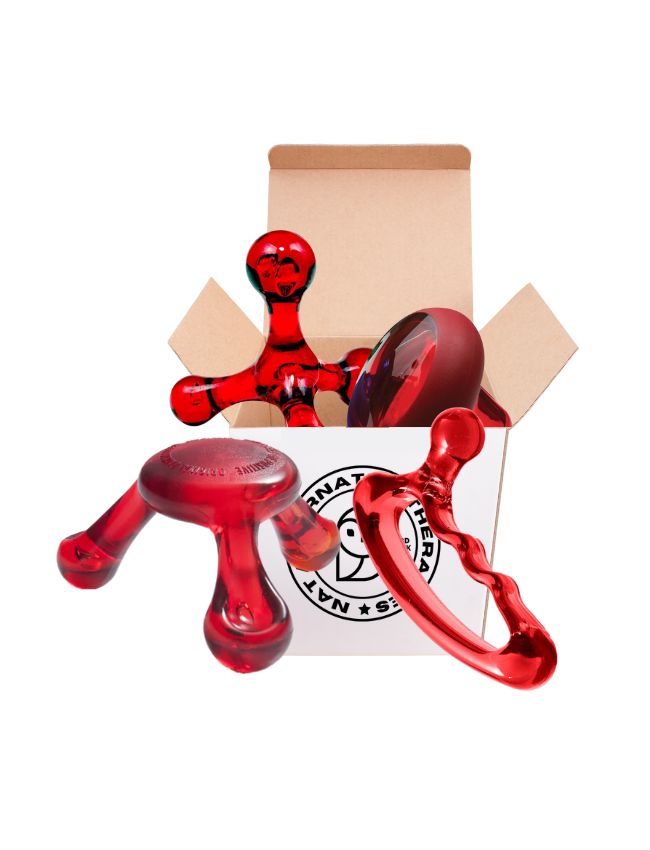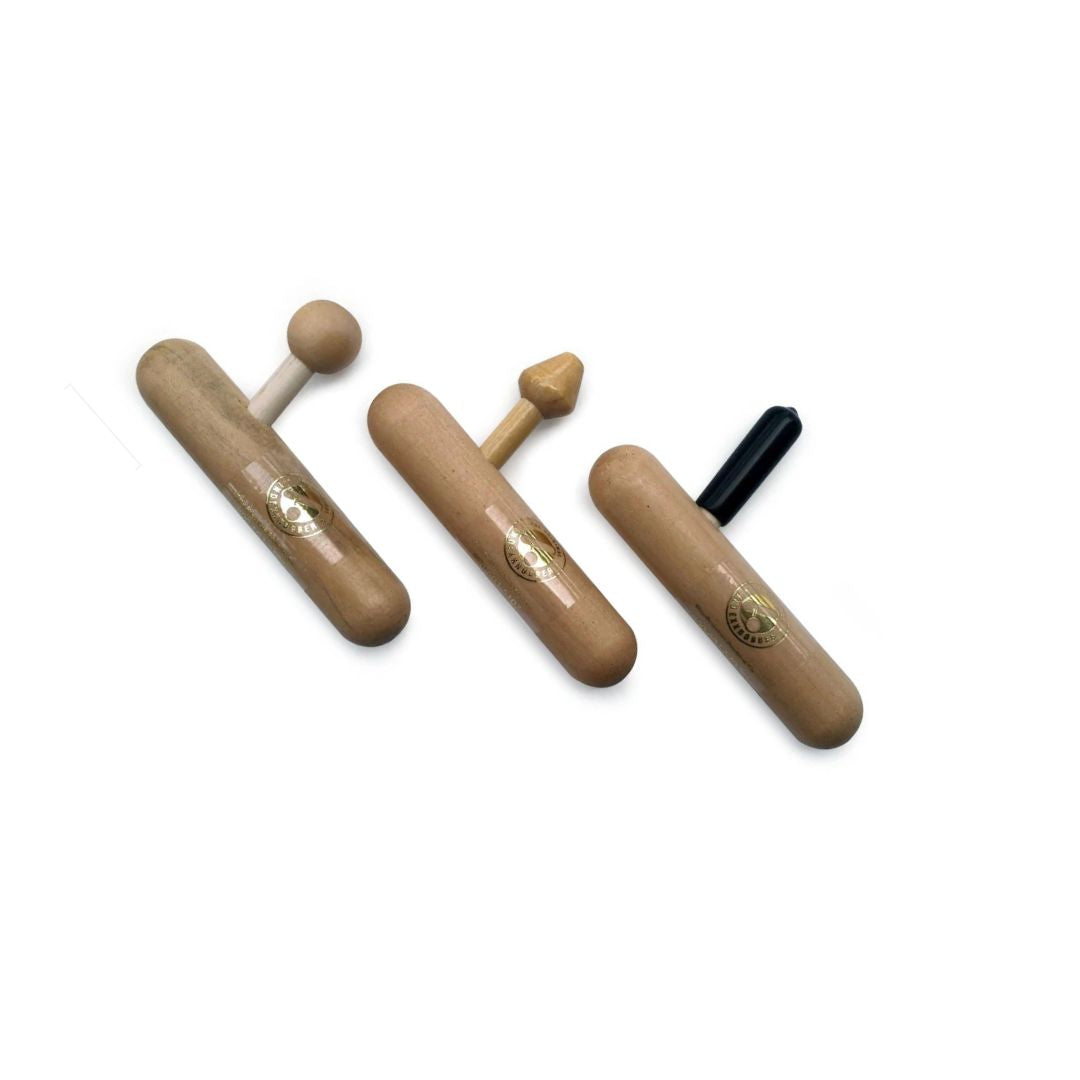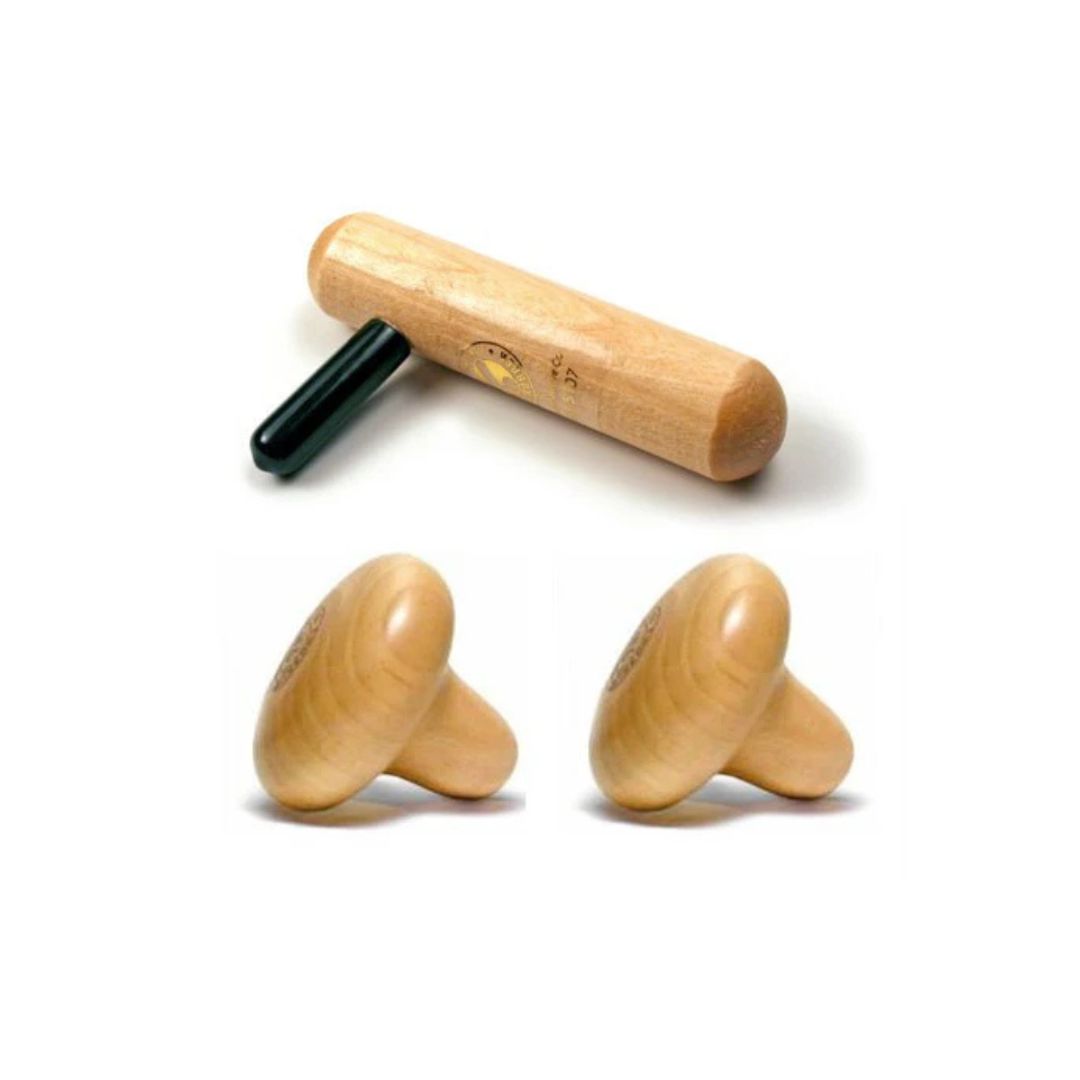Frozen Shoulder - Can Your Diet Make a Difference?
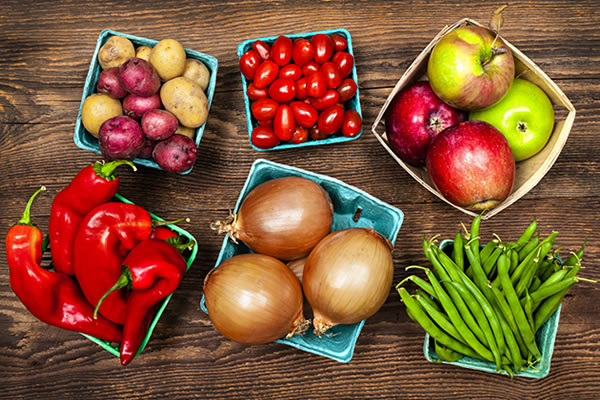
There’s a lot of “talk” about nutrition and frozen shoulder. Does any of it make sense?
Is there any connection between what you eat and the chances of you getting frozen shoulder? Are there any foods that can help with treatment and recovery?
In this article we take a look at some of the common myths and hope to clear up some of the confusion.
Are there any foods that can help prevent the onset of frozen shoulder?
We live in an age where we are all increasingly aware of the basics of healthy eating and as a result, our clinicians are increasingly asked if there is a connection between certain types of food or diet, and frozen shoulder.
The answer is actually "yes and no" …. Which needs some explaining! The first thing to point out is that there is a scarcity of published research on any link between nutrition and frozen shoulder.
If you search in Google for "Frozen Shoulder Diet" or "Frozen Shoulder Nutrition" you will find hundreds of articles on this subject, often written to give the impression that certain foods or diet can help avoid the onset of frozen shoulder.
So many clients ask about this nowadays, and mostly because they have searched online, and been overwhelmed with the amount of conflicting information.
These articles often mention a link between stroke or heart disease and frozen shoulder.
The writers of these articles then go on to recommend a variety of standard low salt, low carb diets that should help prevent stroke and heart disease, and therefore lessen your chances of getting a frozen shoulder.
Whilst healthy eating is always a good choice, these articles should generally be taken lightly. The advice offered is nothing more than a reaffirmation of the common sense rule that the healthier you eat, the healthier you are likely to be. Many of these articles also overstate the claimed link between stroke or heart disease and frozen shoulder, as there is currently no clinical evidence to support this.
So the answer here is "yes" to healthy eating choices wherever possible, but there is currently no proven dietary option to help prevent the onset of frozen shoulder.
There are also many articles regarding the connection between diabetes and frozen shoulder. Whilst frozen shoulder affects about 3-5% of the general population, this increases to 10-20% for people with diabetes.
You'll find numerous articles suggesting that you should adopt a low sugar diet or some form of diet that is designed to avoid the onset of diabetes.
It is statistically correct to claim that you are less likely to get frozen shoulder if you don’t get diabetes!
Whilst we would not go so far as to recommend these diets directly as a way to avoid frozen shoulder, again we would applaud the recommendation to eat healthily for general good health.
Are there any foods that will help with the treatment of a frozen shoulder?
If you do have a frozen shoulder we can categorically confirm that there are no "recommended" foods or set programs that have shown any signs of providing effective treatment for the condition itself.
If any evidence to the contrary does emerge – you can be sure that we'll be shouting about it on our homepage.
However, there is some evidence to suggest (and it of course makes sense) that an anti-inflammatory diet may contribute towards some pain relief and may possibly help to speed up recovery in some patients.
Prostaglandins are hormone-like substances that affect the body in variety of ways, including an effect on regulating inflammation.
An anti-inflammatory diet should include less foods that create inflammation-causing prostaglandins (PGE2), and should include more foods that create anti-inflammatory prostaglandins (PGE1 and PGE3).
If you are suffering from a frozen shoulder you should try to reduce your intake of simple carbohydrates and fats, such as saturated fats and trans fats.
Where possible, try to increase your intake of anti-inflammatory foods such as fruits and vegetables, oily fish (which contain high levels of omega-3 fatty acids), nuts, seeds, and certain spices, such as ginger.
It is also known that extra-virgin olive oil contains a chemical oleocanthal that has a similar effect to ibuprofen.
Whilst there is a lack of research into the specific effects of anti-inflammatory foods on frozen shoulder patients - you will not do yourself any harm, by adopting a strict anti-inflammatory diet especially as an adjunct to hands-on therapy.
As well as adding to your general good health, an anti-inflammatory diet may help speed up recovery and perhaps even help to reduce some pain and discomfort along the way.
Find a Trigger Point Professional in your area
Dry Needling for Trigger Points
Certify as a Trigger Point Therapist
Recommended Trigger Point Therapy Courses:
This trigger point therapy blog is intended to be used for information purposes only and is not intended to be used for medical diagnosis or treatment or to substitute for a medical diagnosis and/or treatment rendered or prescribed by a physician or competent healthcare professional. This information is designed as educational material, but should not be taken as a recommendation for treatment of any particular person or patient. Always consult your physician if you think you need treatment or if you feel unwell.
About Niel Asher Education
Niel Asher Education (NAT Global Campus) is a globally recognised provider of high-quality professional learning for hands-on health and movement practitioners. Through an extensive catalogue of expert-led online courses, NAT delivers continuing education for massage therapists, supporting both newly qualified and highly experienced professionals with practical, clinically relevant training designed for real-world practice.
Beyond massage therapy, Niel Asher Education offers comprehensive continuing education for physical therapists, continuing education for athletic trainers, continuing education for chiropractors, and continuing education for rehabilitation professionals working across a wide range of clinical, sports, and wellness environments. Courses span manual therapy, movement, rehabilitation, pain management, integrative therapies, and practitioner self-care, with content presented by respected educators and clinicians from around the world.
Known for its high production values and practitioner-focused approach, Niel Asher Education emphasises clarity, practical application, and professional integrity. Its online learning model allows practitioners to study at their own pace while earning recognised certificates and maintaining ongoing professional development requirements, making continuing education accessible regardless of location or schedule.
Through partnerships with leading educational platforms and organisations worldwide, Niel Asher Education continues to expand access to trusted, high-quality continuing education for massage therapists, continuing education for physical therapists, continuing education for athletic trainers, continuing education for chiropractors, and continuing education for rehabilitation professionals, supporting lifelong learning and professional excellence across the global therapy community.
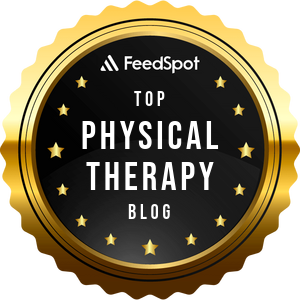
Continuing Professional Education
Looking for Massage Therapy CEUs, PT and ATC continuing education, chiropractic CE, or advanced manual therapy training? Explore our evidence-based online courses designed for hands-on professionals.


